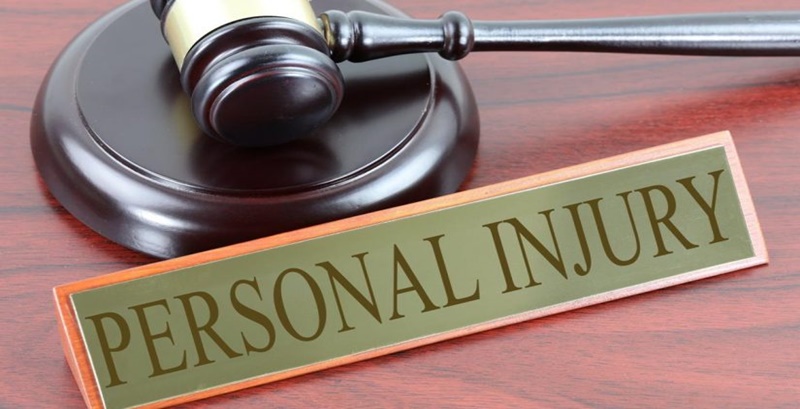If you alone or any of your loved ones have been injured due to the negligence of a third party individual, entity, or business, you are most likely able to receive compensation for your damages or losses. Typically, it may include coverage for your lost income, medical bills, suffering damages, pain, and more.
No matter how securing the compensation may include going through a civil court lawsuit. When this usually happens, there are high chances that you may have to deal with all the interrogatories. Before defining what they are, you need to know that a dedicated Boston personal injury lawyer is a must-have to understand both sides of a lawsuit. So make sure you have one by your side to deal with all the unforeseen legal circumstances. So Let’s get ahead with knowing what interrogatories are.
The “discovery phase” is the foremost part of any personal injury claim case. The aspect of the legal case, when processed, assures both sides have all the applicable information and evidence they may need to proceed ahead. In many cases, the whole process’s discovery phase occurs when an individual or both sides comprehend that they need to either make a settlement offer or drop the case, hence, avoiding going to any trial.
Now, this is where interrogatories are considered during the discovery stage. They are queries or questions that both the defendant and plaintiff party get to pose to one another. Ultimately, the questions raised help put the facts in place. Lawyers at both ends will be deliberately involved in creating interrogatories to dispute with the defendant and answering the interrogatories they receive.
WHAT TYPE OF QUESTIONS DO INTERROGATORIES FOCUS ON?
Normally, several types of questions can be appealed through interrogatories. As a general rule, interrogatories will be open-ended queries that one party will ask the other, seeking as much information as possible. To all intents and purposes, interrogatories will not be questions at all. They may be a checklist of topics that one side needs to respond to.
Here we have put together some typical questions that could be constituted to the other side shared by our expert car accident lawyers in Boston:
- Did you consume any alcohol, drugs, or medications 24-48 hours before the incident?
- If yes, then list the substance consumed, the time you consumed, and where exactly you had the substance.
- When was the last time your car was maintained or inspected by a professional car mechanic?
- What type of repair work has been performed on your vehicle in the last 6 m months?
- Has there been any repair/maintenance that you chose to drop for that particular time?
- Please describe exactly what steps the opponent could have taken to avoid the accident happening in the first place.
No doubt, these are only a few examples of interrogatories that one could bring forward during a personal injury lawsuit. Still, interrogatories will look as detailed, meticulous, and complicated to many of you. And so are their answers! With the level of details demanded, they can be highly intimidating. Now that is why as a plaintiff, you need to have a dedicated personal injury lawyer in Boston, MA to help you through.
FEEL FREE TO CONTACT US
At Swartz Law, we handle personal injury cases and know what factors play an important role. Suppose you or any of your loved ones were also injured in a car accident, and you would prefer us to help with your lawsuit and compensation claim. In that case, our expert lawyers can analyze and put forward a solution for it.
Need Help?
If you or someone you know, needs help from a lawyer, contact the law offices of Swartz & Swartz, use our live chat, or send us a message using the form below and we’ll get in touch to assess your case and how we can help.
Keep Reading
Want more? Here are some other blog posts you might be interested in.




